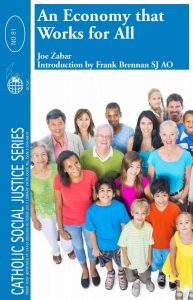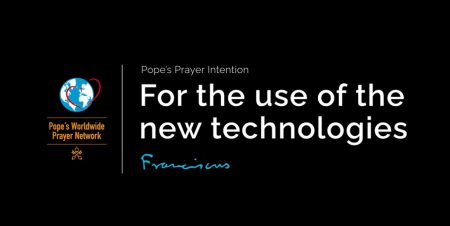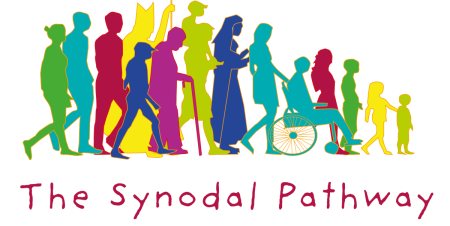Australia now has the second-highest net worth per person in the world. But we cannot justify this wealth if, in accumulating it, we have left behind those who are most in need’, says Bishop Vincent Long Chairman of the Australian Catholic Social Justice Council (ACSJC).

The paper examines Australia’s economic policies and their effect on the most vulnerable. It expands on themes in the Australian bishops’ 2017–18 Social Justice Statement, Everyone’s Business: Developing an inclusive and sustainable economy.
In particular, An Economy that Works for All discusses the serious effects of growing inequality, described by the International Monetary Fund as ‘the defining challenge of our time’.
Fr Frank Brennan SJ AO, CEO of Catholic Social Services Australia, writes in his introduction to the paper: ‘We need economic policies that are based on, and build on, the aspirations of the marginalised and excluded, who yearn for the opportunity to access the market, sharing the fruits of Australia’s prosperity.’
Author Joe Zabar writes: ‘We are at an important crossroad, one where we must decide whether to continue down a path of growing inequality and exclusion or to harness the good of free enterprise to better serve the society as a whole and in particular those … excluded from participation in our economy and society. ‘How is it that a nation with great riches and natural resources continues to have areas of entrenched and intergenerational disadvantage, and three million Australians, including more than 730,000 children, living in poverty? Why are there 729,200 people unable to find suitable work and a further 1.1 million people looking to increase their hours of work in order to improve the financial wellbeing for themselves and their families?’
The paper summarises the history behind Australia’s current economic settings and the responses of internationally recognised economists and institutions including the Organisation for Economic Cooperation and Development (OECD) and the International Monetary Fund (IMF).
An Economy that Works for All (Social Justice Series Paper No. 81) is available for $7.50 from the ACSJC.







